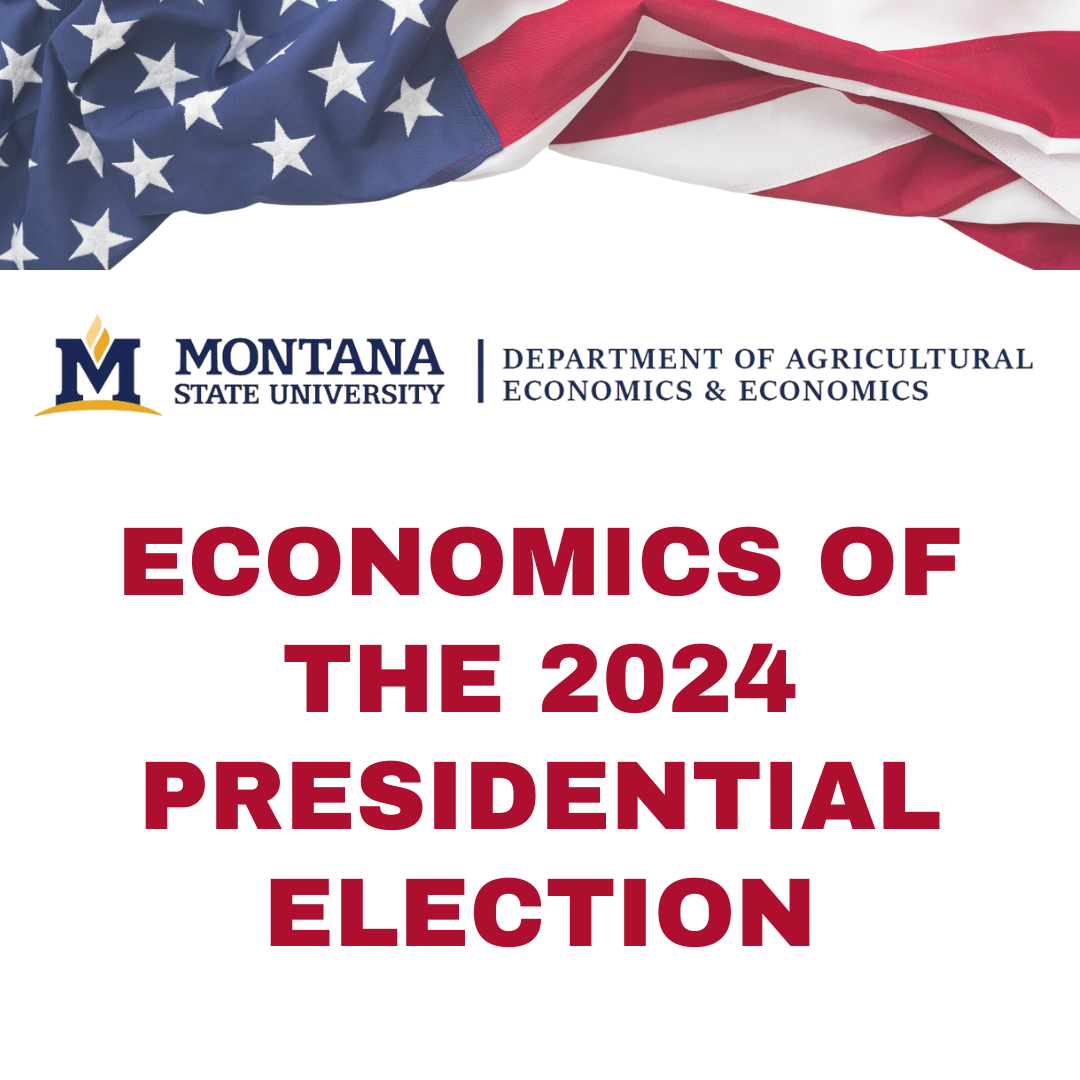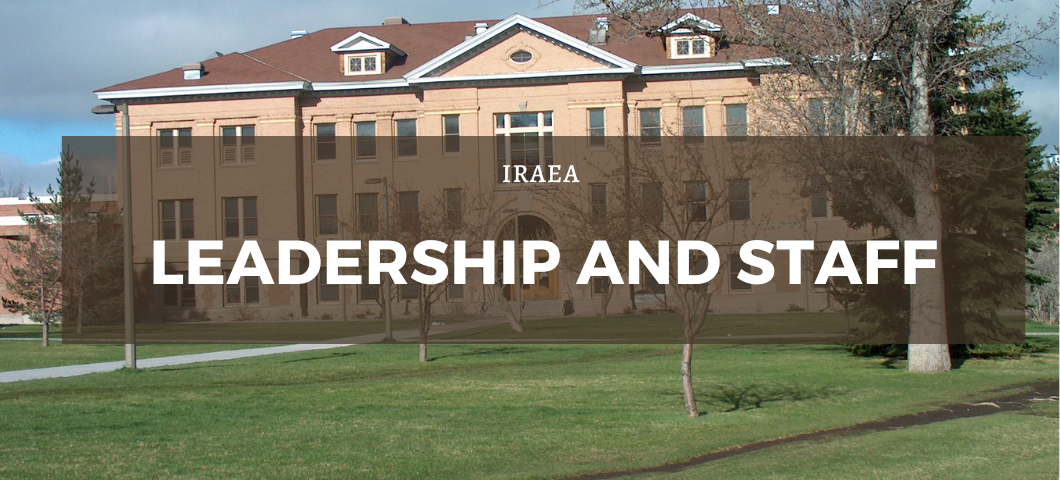REGULATION AND APPLIED ECONOMICS NEWS:

Economics of the 2024 Presidential Election
August 22 - October 31, 2024
This seminar course explores the economics of the policy positions of the 2024 presidential candidates on major issues ranging from climate change to immigration to health care and beyond. Discussions will be led by faculty and experts from the Department of Agricultural Economics and Economics.

Insights on Learning During and After the Pandemic
February 27, 2024
The COVID-19 pandemic introduced enormous challenges to educational delivery, causing real-time disruptions to student learning and resulting in lingering effects that persist in classrooms and campuses across the nation. Educators and policymakers, confronted with unprecedented challenges, responded with diverse policies and strategies to alleviate the negative consequences. While researchers will explore these issues for decades, early efforts by leading economic researchers offer valuable insights into the pandemic’s impact and the effectiveness of policies in mitigating its consequences.Please join us for a unique opportunity to learn from two economic researchers at the forefront of studying the impact of COVID-19 on our educational landscape. This one-hour free public lecture will feature presentations focusing on K-12 and higher education.

The Long-Term Impacts of Medicaid
November 28, 2023
Since its introduction in 1965, the Medicaid program has provided health insurance
coverage for millions of low-income adults, children, pregnant women, and people with
disabilities. Over 92 million people are enrolled in Medicaid and the Children’s Health
Insurance Program (CHIP), including roughly 25% of Montanans.More than half of the children in the US are covered by Medicaid/CHIP, and a large
body of research has demonstrated that investments in Medicaid have positive impacts
on an array of outcomes during childhood, including reduced infant and child mortality,
enhanced children’s health, and improved financial security for millions of families.
Researchers have also documented that the impacts of Medicaid evolve over beneficiaries’
lifetimes to include improved adult health, fewer hospitalization and emergency visits,
and reduced disability and mortality in adulthood. Childhood Medicaid eligibility
has also been shown to increase beneficiaries’ long-term educational attainment, employment,
earnings, and financial stability, with the result that during ages 19-28, the government
recoups 58 cents for each dollar invested in childhood Medicaid by age 28, and have
continuing returns as beneficiaries age. Join this free public lecture to learn more
from leading economic researchers studying the impacts of Medicaid.

The Labor Market During & After the Pandemic
February 23, 2023
The COVID-19 pandemic led to unprecedented turmoil in labor markets across the world. In this free virtual workshop, a leading economist shared research on these labor market developments and insights regarding how the U.S. labor market will evolve moving forward.

Doing Economics Research
December 9, 2022
Learned about applied economics research from practitioners working in a wide array of areas, from using big data in Silicon Valley, to conducting transparent and reproducable research, using data from randomized experiments, and using historical data to address modern questions.

College Costs & Student Debt
November 17, 2022
A public free workshops was held by Susan Dynarksi, Patricia Albjerg Graham Professor of Education at Harvard University. Until 2021 she was professor of public policy, education and economics at the University of Michigan, where she was affiliated with the Gerald R. Ford School of Public Policy, School of Education, Department of Economics and Institute for Social Research. At UM she was a founding co-director of the Education Policy Initiative and the Michigan Education Data Center. She is a faculty research associate at the National Bureau of Economic Research and past president of the Association for Education Finance and Policy. She is a member of the National Academy of Education and the American Academy of Arts and Sciences. Dynarski has been a visiting fellow at the Federal Reserve Bank of Boston and Princeton University as well as an associate professor at Harvard University. Dynarski earned an A.B. in Social Studies from Harvard, a Master of Public Policy from Harvard and a Ph.D. in Economics from MIT.


